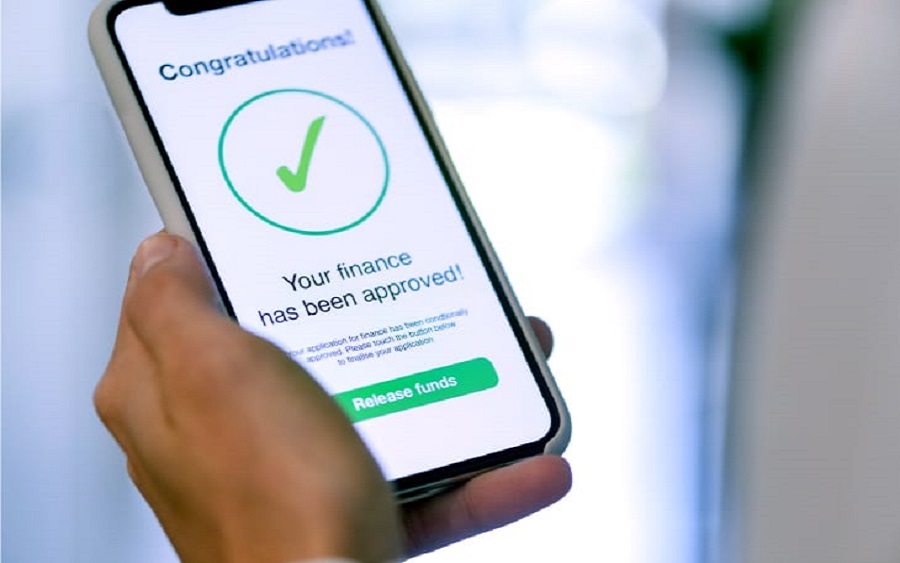Story Highlights:
- New credit framework to close ₦183 trillion credit gap
- Lenders (banks and fintechs) will gain better risk visibility, lowering interest rates
- Helps fintechs and informal lenders with shared access to credible borrower data
- Could improve credit access for everyday Nigerians, not just salaried earners
In a bold step to deepen financial inclusion and boost consumer lending, the Nigerian government has announced a unified national credit system that will link citizens’ borrowing history to their National Identification Numbers (NIN).
The announcement was made by Uzoma Nwagba, Managing Director of the Nigerian Consumer Credit Corporation (CREDICORP), during a press briefing at the State House in Abuja on June 17. The new framework is expected to improve credit accessibility, build financial trust, and help unlock millions of affordable loans for everyday Nigerians.
“With the right infrastructure and transparency, lenders will be more confident, interest rates will drop, and Nigerians will finally have access to affordable credit,” Nwagba stated.
🔍 A Game-Changer for Credit Access
Under the new system, all financial institutions — including commercial banks, microfinance institutions, and fintech lenders — will be mandated to report customers’ credit history and repayment behavior, all linked to their NIN. This centralised credit framework will allow lenders to accurately assess risk, regardless of where a borrower previously took a loan.
This initiative is particularly promising for Nigerians traditionally excluded from formal credit systems — such as self-employed individuals, informal traders, and gig workers — who often lack collateral or credit history in conventional banking environments.
📉 Lower Risk, Lower Rates
Fintechs, which have dominated Nigeria’s consumer lending space using alternative credit scoring models based on smartphone data and usage patterns, could benefit significantly. With NIN-linked credit reporting, their lending models gain more visibility and shared data, helping reduce default risk and drive down interest rates, which currently run high to offset poor repayment behavior.
“Your NIN will now serve as the anchor for your credit profile,” Nwagba explained. “Whether you borrowed from a commercial bank or a digital lender, that data will now be traceable and carry real consequences.”
💡 A Boost for the ₦183 Trillion Credit Gap
Nigeria’s current consumer credit gap is estimated at ₦183 trillion, with most of the adult population still underserved or excluded from affordable lending products. CREDICORP believes that by institutionalising credit discipline and transparency, financial institutions will be more willing to extend credit to regular Nigerians, not just salaried or high-net-worth individuals.
Moreover, the centralised system could impact more than just lending. According to Nwagba, defaults may affect access to key services such as passport renewals, driver’s licenses, or even housing rental applications — essentially elevating credit discipline to a matter of civic responsibility.
🧭 What’s Next?
CREDICORP is calling on all financial institutions and private-sector lenders to adopt the framework and support its rollout. The goal is to create a functioning credit economy, where transparency encourages better lending behavior, protects institutions from loss, and enables more Nigerians to participate meaningfully in the financial system.
“This is a fundamental shift in how credit works in Nigeria,” Nwagba said. “And it’s a shift that could unlock massive economic opportunity.”






